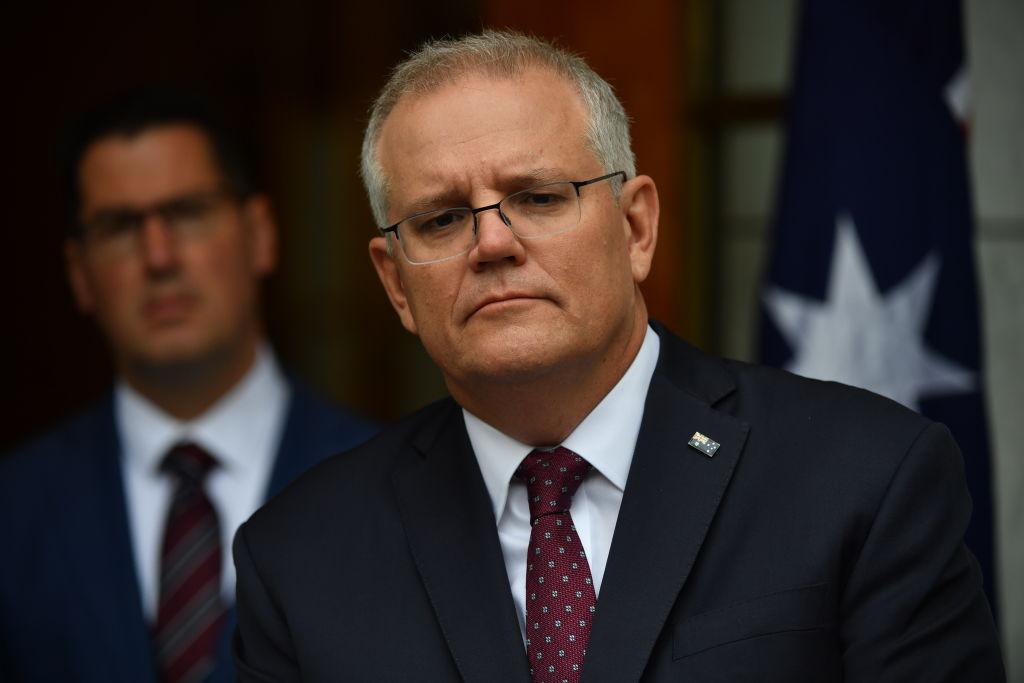Prime Minister Scott Morrison has said that it’s “not okay” that Beijing is putting up the price of Australian wine in “retaliation” for Australians “standing up for our values.”
The move is the latest example of what U.S. Secretary of State Antony Blinken this week labelled Beijing’s “blatant economic coercion“ of Australia.





